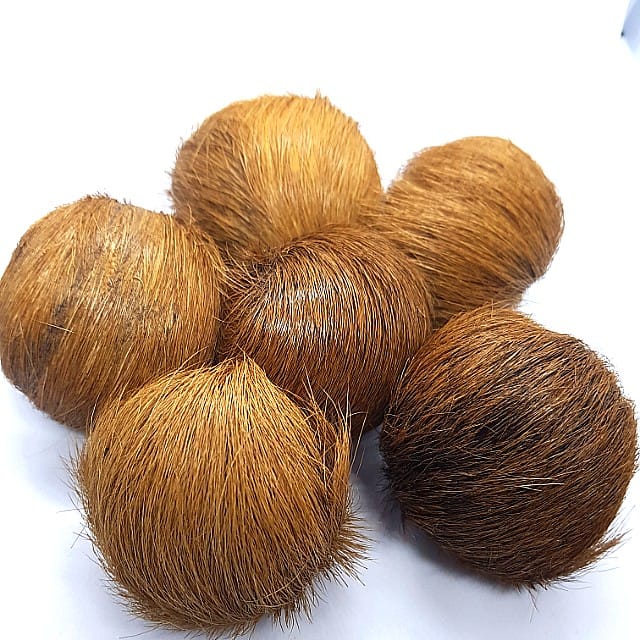Adaptogens for Tech Fatigue - Can Ancient Herbs Combat Modern Stress?

In our hyperconnected world, "tech fatigue" has transitioned from a buzzword to a lived reality for many. The constant barrage of notifications, the pressure to be "always-on," and the blue light emanating from our devices all contribute to a unique form of stress with tangible consequences.
While strategies like digital detox and mindfulness are crucial, an intriguing area of exploration lies in the realm of adaptogenic herbs. Revered for centuries in traditional medicine systems like Ayurveda, adaptogens are a unique category of plants that help the body resist and adapt to various stressors, whether physical, chemical, or biological.
Understanding the Science Behind Adaptogens and Tech Fatigue
Tech fatigue isn't just a feeling; it manifests physiologically. Increased cortisol (the stress hormone), disrupted sleep patterns, eye strain, headaches, and difficulty focusing are common complaints. Adaptogens are thought to work by modulating the body's stress response system, primarily the hypothalamic-pituitary-adrenal (HPA) axis.
Research suggests that specific adaptogens may offer relief from tech fatigue symptoms:
1. Ashwagandha (Withania somnifera):
- This revered Ayurvedic herb has shown promising results in reducing cortisol levels and improving sleep quality in individuals experiencing chronic stress.
- A 2012 study published in the Indian Journal of Psychological Medicine demonstrated that ashwagandha significantly reduced stress and anxiety levels in participants compared to a placebo group.
2. Rhodiola (Rhodiola rosea):
- Known for its ability to enhance mental clarity and combat fatigue, Rhodiola may be particularly helpful for those struggling with tech-induced brain fog and difficulty concentrating.
- A study published in Phytomedicine in 2009 indicated that Rhodiola extract improved mental performance and reduced fatigue in individuals experiencing stress-induced fatigue.
3. Holy Basil (Ocimum tenuiflorum):
- Often used in Ayurvedic medicine to promote emotional well-being, Holy Basil is believed to help regulate cortisol levels and improve the body's response to stress.
- A 2008 study published in the Journal of Ayurveda and Integrative Medicine showed that Holy Basil supplementation effectively reduced stress symptoms and improved cognitive function in participants.
Incorporating Adaptogens into Your Routine
Adaptogens are available in various forms, including powders, capsules, tinctures, and teas. It's essential to consult with a qualified healthcare professional before incorporating adaptogens into your routine, especially if you have pre-existing medical conditions, are pregnant or breastfeeding, or are taking medications.
Here are some tips for incorporating adaptogens safely and effectively:
- Start Low and Go Slow: Begin with a low dose of one adaptogen at a time to assess your tolerance and gradually increase as needed.
- Listen to Your Body: Pay attention to how your body responds to adaptogens. If you experience any adverse effects, discontinue use and consult your healthcare provider.
- Choose High-Quality Products: Opt for reputable brands that provide third-party testing to ensure quality and purity.
Final Thoughts: A Holistic Approach to Tech-Life Balance
While adaptogens show promise in mitigating the effects of tech fatigue, it's crucial to remember that they are not a magic bullet. They work best as part of a holistic approach to well-being that includes other lifestyle modifications like prioritizing sleep, managing screen time, engaging in regular physical activity, and cultivating mindfulness practices.
As our relationship with technology continues to evolve, so too will our understanding of how to navigate its challenges. Adaptogenic herbs, with their ancient wisdom and emerging scientific backing, offer a compelling avenue for exploring natural ways to support resilience and thrive in our digital age.


















Comments ()